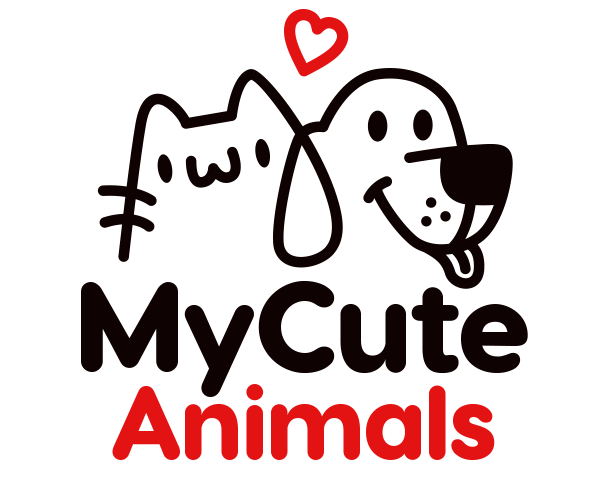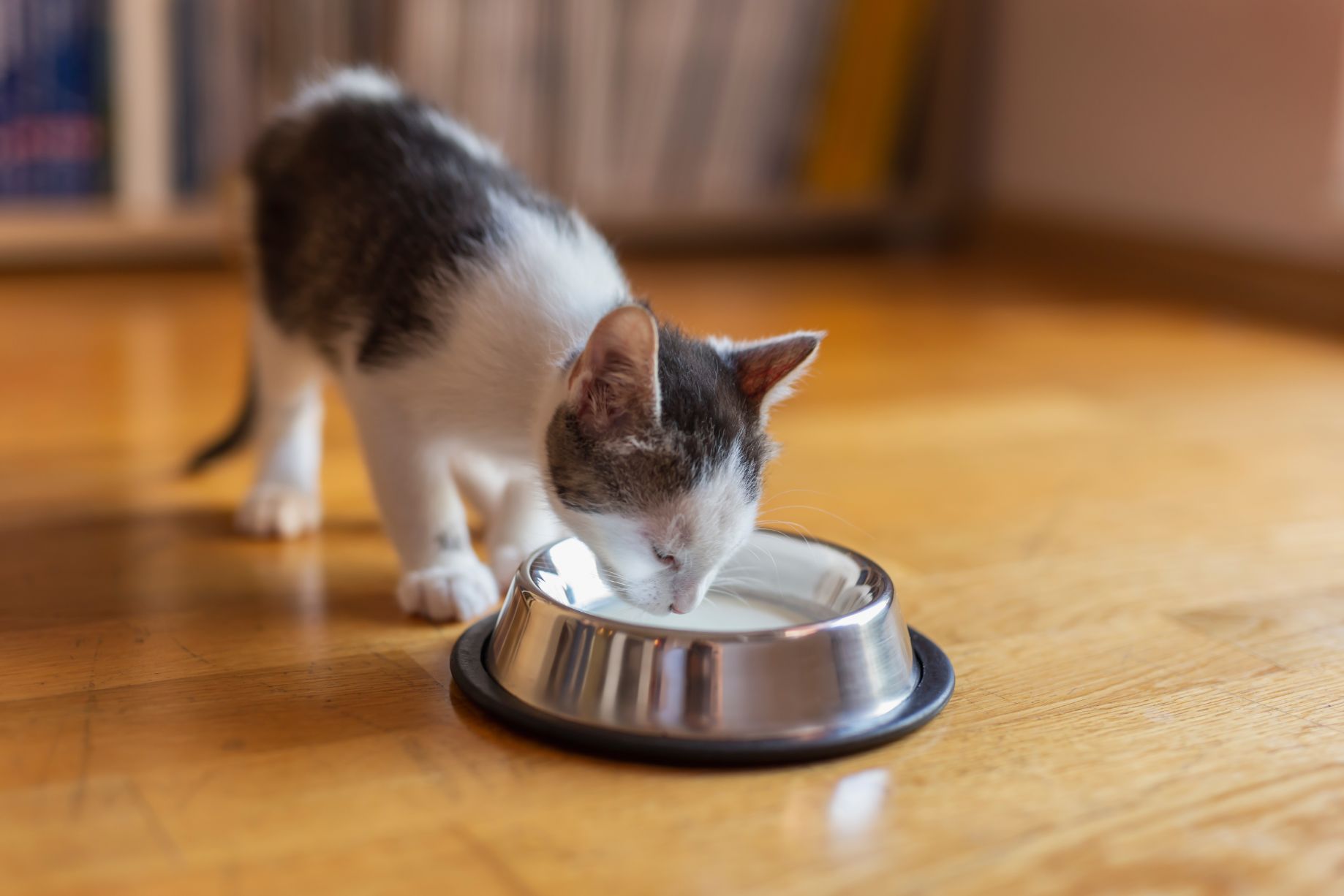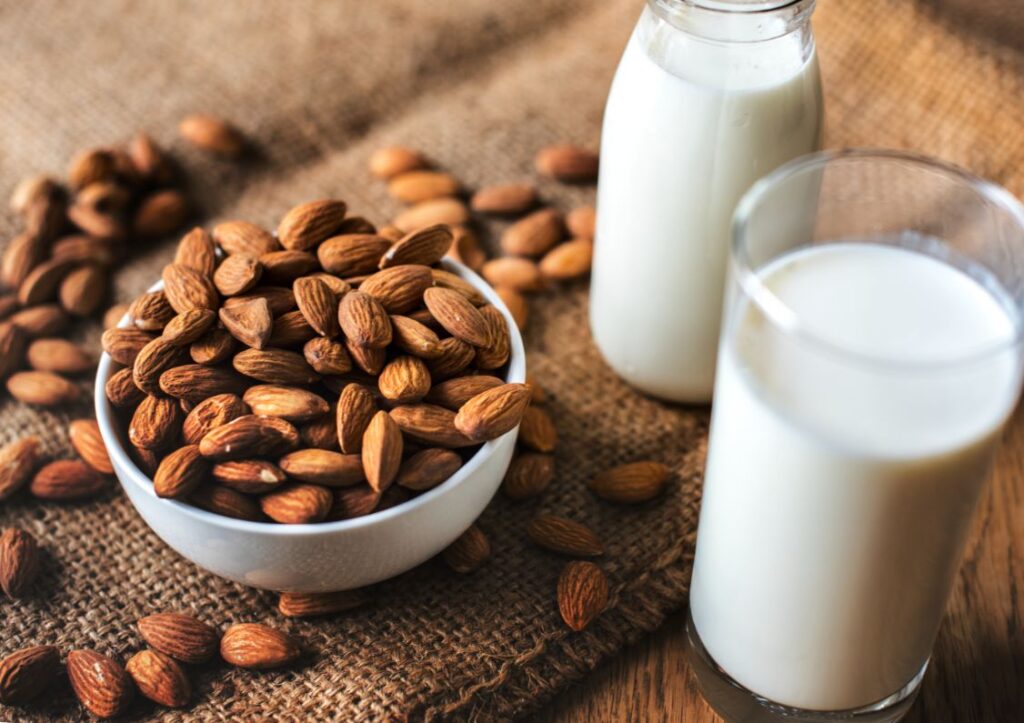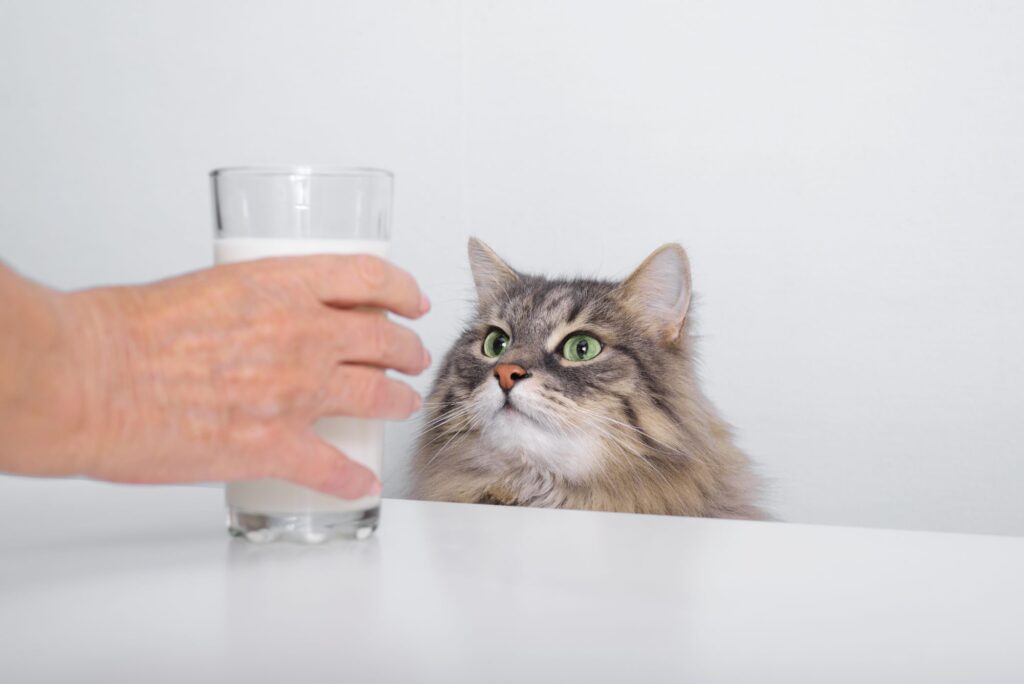Table of Contents
Almond milk has become a popular alternative to traditional dairy milk in the recent past, and understandably so.
Not only is the milk a top choice for vegans. It’s also famous for being lactose-free and low-calorie.
But while humans can safely drink almond milk, does the same hold true for cats? Can cats have almond milk?
Let’s find out.
Can Cats Drink Almond Milk?
This is one of the most complicated cat-related questions you’ll ever come across.
On the one hand, we know that dairy milk isn’t good for cats. That’s mainly due to the presence of lactose, fat, and calories. The fact that almond milk contains no lactose and is low in both fat and calories makes it a potential replacement for dairy milk.
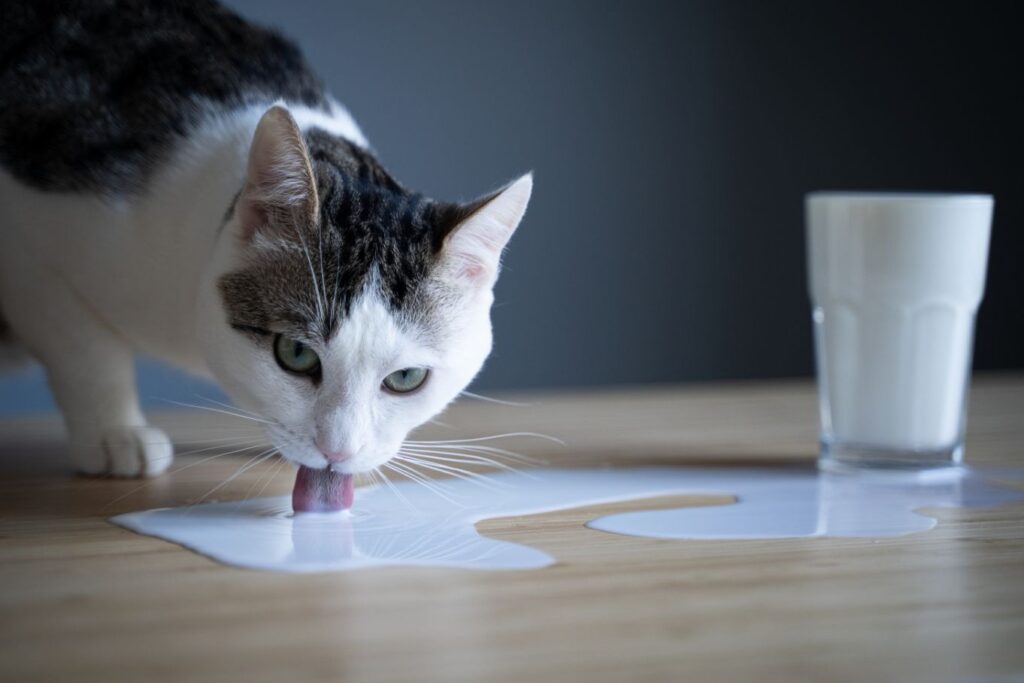
In light of these two conflicting logics, can cats drink almond milk?
Almond milk is completely safe and even potentially beneficial to cats if moderately served. However, consuming the milk in excess could open your cat to various health issues.
More About Almond Milk
What Is Almond Milk?
Almond milk is a type of plant milk derived from almond nuts. The milk is a popular alternative to dairy milk as it doesn’t contain lactose or cholesterol. Plus, it’s low on calories and saturated fat.
What Is The History Of Almond Milk?
Almond milk has been around since at least the 1200s. The milk was initially consumed in Iraq, where almonds were readily available. But unlike modern consumers who prefer almond to dairy milk for health reasons, ancient users favored almond milk because it could last longer.
Years after becoming a staple food product in Central Asia, almond milk eventually made its way to Europe around the 1400s. However, it was not until around 2008 that commercial production of the milk began in North America.
How Is Almond Milk Prepared?
Almond milk is generally prepared by soaking and grinding almonds in water to extract the milky liquid from the nuts. The flesh is then filtered out, leaving the milk behind. At this point, you may choose to flavor the milk or consume it unsweetened.
In commercial production, almond milk is homogenized using high pressure. The milk is then pasteurized to achieve greater stability and shelf life.
What Does Almond Milk Taste Like?
Homemade almond milk has a nutty taste, which is pretty much the taste of almond nuts. However, store-bought almond milk may contain a wide array of flavors depending on the sweeteners used. Common sweeteners include chocolate and vanilla.
Commercial almond milk may also be unsweetened. Either way, the products are usually fortified with micronutrients.
Potential Benefits of Almond Milk for Cats
To understand the health and nutritional benefits of almond milk for cats, you’ll need to find out the main ingredients in the product.
A 250-milliliter cup of unsweetened almond milk provides the following nutrients;
• Calories – 39
• Protein – 1.55 grams
• Fat – 2.88 grams
• Saturated fat – 0.21 grams
• Carbohydrates – 1.52 grams
• Fiber – 0 grams
• Sugar – 0 grams
• Cholesterol – 0 grams
• Calcium – 516 milligrams
• Potassium – 176 milligrams
• Sodium – 186 milligrams
The same serving quantity provides decent amounts of vitamins A and D, as well as antioxidants.
Now, the potential health benefits of almond milk for cats depend on the main ingredients in the product, as discussed below;
1. Protein
Protein is involved in the healthy growth and development of tissues, muscles, bones, skin, and hair/fur. The nutrient can also aid weight loss due to its filling effects.
2. Calcium
Calcium works alongside vitamin D (another nutrient that’s fairly abundant in almond milk) to promote strong bones. The mineral also helps in maintaining the heart, muscles, and nerves.
Some studies also indicate that calcium and vitamin D may offer protection from various chronic diseases, including diabetes, hypertension, and cancer.
3. Potassium
Potassium aids normal cell functioning. The mineral regulates heartbeat and muscle contraction while also helping in protein synthesis.
4. Vitamin A
Vitamin A is the most abundant antioxidant vitamin in almond milk. The vitamin is most famous for aiding vision.
NB: Almond milk may also offer several benefits to cats over dairy milk. Most notably, the milk is free from lactose and cholesterol while also incredibly low in saturated fat and calories.
Potential Risks of Almond Milk for Cats
a) Nutritionally Useless
We’ve already pointed out that cats are obligate carnivores and do not need plant-based foods like almond milk in their diets.
So, while almond milk may pack several essential minerals and vitamins, there’s no guarantee that your feline friend will enjoy those nutrients.
b) Stomach Upset
Since a cat’s stomach wasn’t designed to process plant foods, giving your cat almond milk may trigger a host of gastrointestinal issues. Common adverse reactions to almond milk include vomiting, diarrhea, abdominal discomfort, flatulence, nausea, and appetite loss.
Cats with chronic digestive conditions, such as inflammatory bowel disease (IBD), will bear the brunt of almond milk poisoning. The same is true for kittens and elderly cats.
c) Blood Sugar Issues
Almond milk is relatively high in carbohydrates. Consuming high-carb diets can trigger blood sugar spikes in cats, which is a major risk factor for obesity, type 2 diabetes, and heart disease.
d) Kidney Damage
Almond milk is also high in sodium. Ingesting high amounts of sodium is associated with sodium-ion poisoning, a potentially life-threatening disease in cats. Early symptoms include frequent drinking followed by frequent urination.
Without treatment, sodium ion poisoning may lead to nausea, inappetence, rapid weight loss, fatigue, coma, and eventually death.
e) Other Ingredients
Store-bought almond milk may contain additional substances that could prove harmful to cats. These compounds are mainly used as sweeteners and preservatives.
Examples of additives in almond milk that cats should never eat include chocolate and xylitol.
Summary
Almond milk is a healthier alternative to dairy milk, not only for humans but for cats too.
However, since cats are obligate carnivores, it’s imperative to give them almond milk moderately. Too much of the milk might leave your feline housemate nursing stomach upset and other health issues.
